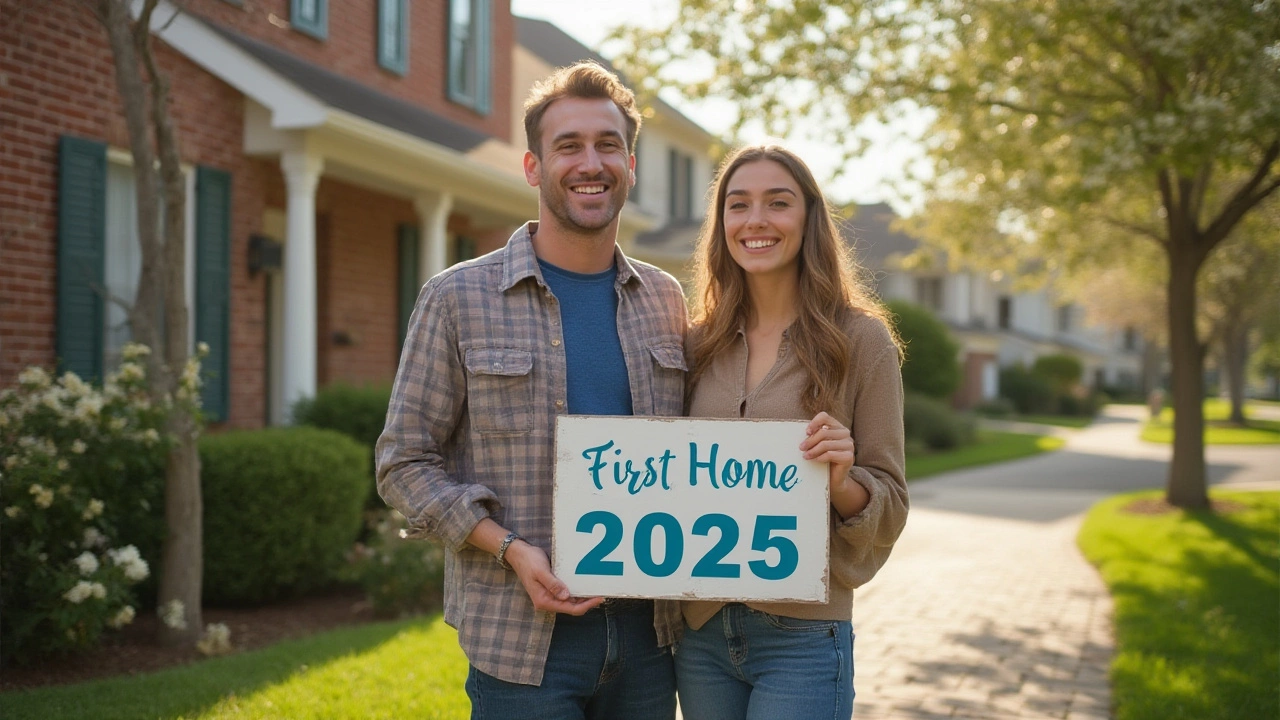Curious about North Carolina's first time home buyer programs? Discover grants, loans, requirements, and tips for easier home buying in 2025.
North Carolina First Time Home Buyer Guide: What You Need Right Now
If you’re looking to buy a house in North Carolina and it’s your first time, the process can feel like a maze. The good news is you don’t have to figure it all out alone. Below are the most useful tips, from money you might get for a down‑payment to the fees you’ll see at closing, all explained in plain language.
Grab the NC Down‑Payment Grant Early
North Carolina offers a down‑payment grant that can cover up to 5% of a home’s price for qualifying buyers. To be eligible, you usually need to be a first‑time buyer, have a steady job, and meet income limits that vary by county. The application is online, and you’ll need recent pay stubs, tax returns, and proof of residence. Start the paperwork before you find a house – the grant is awarded once you have a purchase contract, but the earlier you apply, the smoother the approval.
Pro tip: Pair the grant with a low‑down‑payment loan program like the NC Home Advantage Mortgage. That combo can bring your cash‑outlay down to under 3% of the purchase price.
Know Your Closing Costs Before You Sign
Closing costs in North Carolina typically range from 2% to 4% of the home price. Buyers usually pay the title search, recording fees, lender’s origination fees, and the NC transfer tax (about $1 per $500 of the sale price). Sellers often cover the real estate commission, but you might negotiate who pays what.
For a $250,000 home, expect $5,000‑$10,000 in closing costs. You can lower these numbers by shopping around for lenders, asking the seller to contribute to the buyer’s closing costs, or choosing a “limited‑service” listing instead of a full‑service agent.
Don’t forget the inspection and appraisal fees – they’re usually $300‑$500 each and can be paid by either party, depending on the contract.
Credit Score Hacks for First‑Time Buyers
Most NC lenders want a credit score of at least 620 for a conventional loan, but you can get approved with a lower score if you have a larger down payment or use a government‑backed program. Pay down any high‑interest credit cards, avoid opening new accounts before you apply, and check your credit report for errors.
Even a small bump from 610 to 640 can shave 0.25% off your interest rate, which adds up over a 30‑year mortgage.
Step‑by‑Step Checklist
- Get pre‑approved: Shows sellers you’re serious and tells you how much house you can afford.
- Research neighborhoods: Look at school ratings, commute times, and future development plans.
- Apply for the NC down‑payment grant and any local assistance programs.
- Find a real‑estate agent familiar with first‑time buyer incentives.
- Make an offer with contingencies for inspection and financing.
- Schedule home inspection and appraisal.
- Review and sign closing documents, bring the required cash for down‑payment and closing costs.
- Move in and set up utilities.
Following these steps keeps you organized and helps you avoid surprises that can stall the deal.
Buying your first home in North Carolina is a big milestone, but it doesn’t have to be stressful. Use the grant money, watch your closing fees, and keep your credit in shape, and you’ll be unlocking the door to your new house faster than you think.
